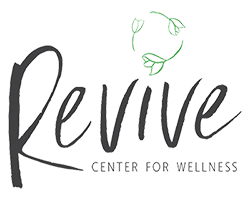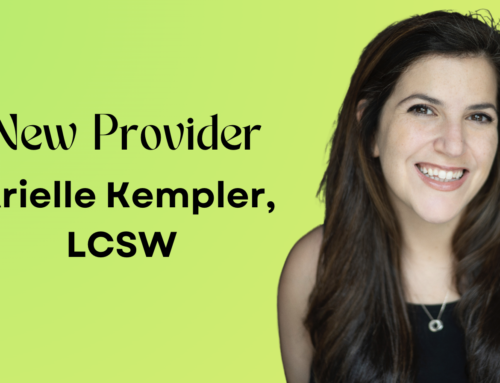4 Common Things People Learn in Therapy

We’ve talked a lot about therapy in the past, from how we define it, to how to get the most out of it, to how we compare it to a gym for your mind! Clearly, we’re advocates for it and it’s no secret as to why! This time around, we want to draw attention to four common things people learn in therapy:
1. We love being in control!

Uncertainty is the enemy. When we don’t know, we tend to wonder, worry, and become anxious. It’s a hard truth knowing that we can’t control everything (or everyone). It’s far from that. However, there are a lot of things that ARE in our control. In therapy, we learn to focus on what’s within our reach and sit in the discomfort that is not knowing.
2. Vulnerability: What, like it’s hard?

Opening up to others can be one of the hardest things to do. Sometimes we think we’re burdening others or worrying them. Other times we don’t want to give off the impression we need help or we can’t handle it ourselves. One thing to remember when it comes to being vulnerable is when you off-load something, meaning when you share with someone else, it doesn’t mean you’re overloading someone else. More likely than not, the person, or people, you choose to talk to care about you and because of that, they’ll want to be there for you in any way they can. Another thing to remember is, you’re a human. We don’t live in isolation for a reason. We need connection with others to survive and asking for help, or merely having someone listen, is part of that.
3. What’s my role again?

We wear a lot of hats-in our friendships, in our families, in our workplace. In therapy, we come to understand what our roles are in these relationships. We might learn how to put up boundaries (hello, work-life balance) or take them away (see above on vulnerability!). We may learn how our roles contribute to how we’re feeling and our overall well being.
4. We know, but…

We hear this all the time. Insight may be part of your therapy experience, but it’s not the key to everything. It’s SO hard to make a change, which is why we may recognize a behavior isn’t working but we do it anyway. Having self-awareness is a step in the direction of correcting a pattern and therapy can help you find out what might be getting in the way of that shift.
Like this last one, just because we learn something in therapy, doesn’t necessarily mean we’ll apply it to our lives outside of therapy. That’s one of our goals as therapists, though- to help guide you in putting what you learn into practice.
Stay Well,
Catherine at Revive
LIKE THIS CONTENT?
Subscribe to our Newsletter and our Social Media pages and get an alert when new content is available!
LOCATIONS
Stamford, CT
37 Glenbrook Road, Suite 3
Norwalk, CT
148 East Avenue, Suite 2A
Miami, FL
1110 Brickell Avenue, Suite 502
FLEXIBLE HOURS
Regardless of your schedule, we can find times that work for you.





